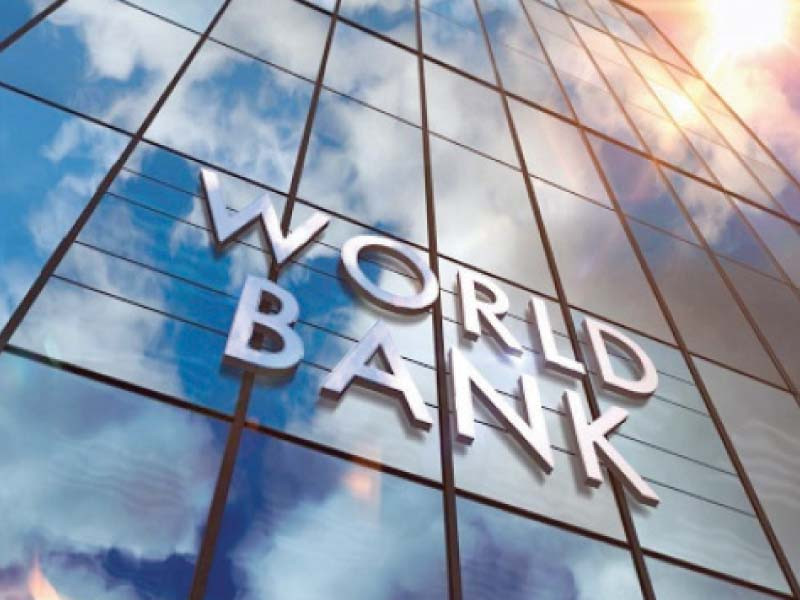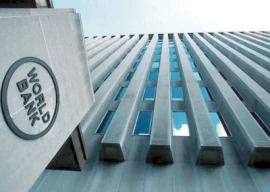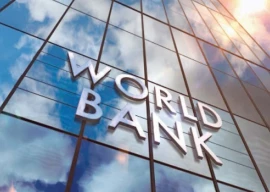
The World Bank (WB) has said Pakistan’s economic outlook from July 2023 to June 2024 would remain bleak and projected its growth at only 1.7% but it was expected to pick up to 2.4% in the fiscal year 2024-25 with the easing of inflationary pressure.
In its report titled ‘Global Economic Prospects — January 2024’, the WB shared that the country’s monetary policy was expected to remain tight to contain inflation, while fiscal policy was also set to contract -- reflecting pressures from high debt-service payments.
The global financial institution further predicted that weak confidence stemming from political turmoil would contribute to slow growth in private demand.
The WB warned that the uncertainty surrounding the 2024 parliamentary elections in the country and polls in South Asia might affect foreign investment in the region.
According to the report, elections are scheduled in various countries of South Asia including India, Maldives and Pakistan in 2024. The polls in Bangladesh have already taken place.
Read IMF board okays $700m loan tranche
The WB predicted that with pre-election spending rising, especially in countries with weak financial positions, it would increase their fiscal vulnerability at the macro level, adding that their prospects of growth would improve after the polls and end of uncertain policies.
The report pointed out that the output in Pakistan contracted an estimated 0.2% in the FY22-23 as a result of the effects of damage caused by the 2022 floods and increased political uncertainty.
“Consumer price inflation remained elevated, partly reflecting currency depreciation in early 2023. However, by late 2023, the rupee showed signs of stabilisation, driven by a variety of factors,” the report read.
Read Markets confident about approval of IMF tranche
“These [factors] included increased liquidity in the foreign exchange market due to tighter enforcement of regulations, a shrinking money supply, a balance-of-payments surplus on account of low import demand, and a moratorium on Chinese debt repayments,” it added.
The WB highlighted that low-income households would spend more on food, increasing the prices of edibles. This might have a disproportionate impact on the poor and disadvantaged, leading to further poverty as well as inequality.
It continued that this risk was particularly high in countries that had very little fiscal buffer to offset these adverse impacts, including Nepal and Pakistan.
Besides, these countries also include those facing security threats and Afghanistan was among them.
Growth in South Asia is expected to edge slightly lower to a still-robust 5.6% pace in 2024, before firming to 5.9% next year. Domestic demand, including public consumption and investment, will remain major drivers of economic growth. A pickup in external demand, albeit still subdued, is also expected to contribute to growth.



1732263441-0/BeFunky-collage-(81)1732263441-0-165x106.webp)
1732263755-0/musk-(3)1732263755-0-165x106.webp)
1732263788-0/BeFunk_§_]__-(30)1732263788-0.jpg)
1732267954-0/Express-Tribune-(6)1732267954-0-270x192.webp)



1732258132-0/BeFunk_§_]__-(26)1732258132-0.jpg)








COMMENTS
Comments are moderated and generally will be posted if they are on-topic and not abusive.
For more information, please see our Comments FAQ